Job interviews require you to think smartly on the spot and bring your best self on the day. Some people thrive from the adrenaline, however, understandably some people struggle with the nerves. While the fashion industry is an exciting sector to be part of, getting a job in fashion can be tough. It’s a competitive industry and for one single job role, there are likely to be plenty of candidates lining up to secure it. Because of this, nailing the journey to landing your dream fashion job is crucial. You need to invest time in preparing a high-quality CV, and an eye-catching portfolio, and commit to rehearsing over and over for the interview. A candidate who has put everything into each of these stages will shine through and stand head and shoulders above the rest.
There’s nothing worse than leaving the interview room feeling like you could’ve done better. To help you handle your nerves and convey yourself as the candidate for the job, we at Beyond Talent Recruitment have created an article to give you all the job interview tips you’ll ever need. With our years of experience working in-house and agency-side for fast fashion, beauty, and luxury brands, we know what makes a potential employer say yes, and more importantly what makes them say no. And, because we work closely with all our candidates to help them prepare for their interview, we have an extremely high success rate.
Want to know how to achieve your dream job and have a successful career in fashion? Read on for the best job interview tips you’ll find – ever!
Once you’ve received the call saying you’re invited to an interview, the next thing you must do is prepare yourself for the process. Preparation for an interview should not be underestimated. Candidates that haven’t prepared will stand out, and not in a good way. If you have done your research, analyzed competitors and rehearsed your answers, the interviewer will notice and you’ll be positioning yourself as a quality candidate who really wants the role. Take time to go over each of the preparation sections below so you can be ready for every scenario possible.
First things first – find out everything about the brand you want to work for. You need to look passionate about the company you’re applying to, therefore it’s important you go into the interview room feeling confident that you know as much as possible about the business. Look at the company’s history, business growth, the internal employee structure, brands they sell, marketing, promotions, and plans they have for the future. If there are elements you cannot work out through your research, you can ask the interviewer about these areas during your time together. An interested candidate comes across as an interesting candidate!
The next step is finding out who will be interviewing you and doing your research on them. Knowing this information means you can tailor your answers to suit their requirements and discover ways to connect with them during your discussions. The most common people to hold interviews are HR, department managers, or for more senior-level roles, the CEO.
Ways to find out more information about your interviewer include asking your recruiter or using online tools such as LinkedIn and Google. Your aim is to discover something about them that will help you strike up a good and intelligent conversation. This is a sure way to click with your interviewer and make them remember you. And, if you find that the interviewer has worked with an ex-colleague of yours, make sure you mention it. It can be a good ice-breaker.
Far too often, people go for an interview without fully understanding the role on offer and how it sits within the wider company.
This doesn’t help when it comes to preparing your answers. In advance of your interview, read the job description thoroughly and ask your recruiter for more details if you still have questions.
Elements you should understand about the role include:
The more you can understand about the job, the more you can show your ability by providing answers that are relevant.
Potential employers want to see that you’re ambitious about helping the company achieve its goals. The only way you’ll do this is by researching what the business is currently doing in your field and developing ideas about how you could contribute. For example, if you’re applying for the Head of Social Media job, you need to understand what the social media team has done in the past, what they are currently doing, and how this compares to competitors. Asking questions to ask in a fashion interview about industry trends or strategies shows that you’ve done your homework.
Interviews don’t last long—40 minutes to an hour is the average time. Because of this, it can be easy to leave the room not sharing all the information that demonstrates your top skills. To make sure you lay your best cards on the table, write everything down in advance that you want the potential employer to know about you. This could include your education, experience, or successes. Whatever they are, make a note of them and weave them into your answers.
Common questions asked in many fashion job interviews include:
Prepare your answers for conventional questions like these, as well as other good questions to ask in an interview that are relevant to the role you want.
Potential employers like answers that draw on real-life scenarios. Familiarise yourself with 4-6 experiences you can use in the interview to explain how you handled specific situations. Perhaps there was a moment in your career where you dealt with a conflict well, or perhaps there was a specific campaign that gave stellar results. Use these examples in your answers and it’ll enable your interviewer to foresee how you would take on their role and whether you’ll succeed in the position.
Impress potential employers by making your interview a two-way conversation. Ask your own questions during the process to converse with your interviewer and find out more about the company. Remember, one of the best ways to succeed is to prepare good questions to ask in an interview – this strategy shows enthusiasm and attention to detail.
Make sure you save one until the end, as you’re likely to be given the opportunity to ask a question then. Try to make this question the simplest one of all; you don’t want to end the interview on an intense note.
If you’re struggling to come up with things you could ask in your interview, strategic-type questions always come across well. For example, if you’re going for a fashion designer job in a knitwear department, you could ask:
Such points can also be adapted if you’re looking for good questions to ask in a fashion interview, or broader questions to ask in a fashion interview that help demonstrate your industry knowledge. Just make sure your questions don’t require the interviewer to share highly confidential information, as this could come across as prying.
Dress in clothes that match or mirror the brand’s style and values. If you’re applying for a role with Zara, don’t turn up wearing Gucci earrings hoping to secure the job. The two don’t go hand in hand. Dress well and comfortably, but don’t go to each extreme. For example, don’t wear an expensive suit and likewise, don’t wear scruffy trainers. Make an effort, be stylish, and most importantly, be you. The same rules apply for online job interviews, and don’t only dress up your top half – you never know, you might be asked to stand up to show off the rest of your outfit!
Never, never be late for an interview. It really won’t sit well with a potential employer. If there are possibilities of being stuck in traffic or delays with transport, it’s better to arrive early and find a coffee shop nearby to hang out in. Arrive 15 minutes in advance of your scheduled interview time, but don’t be any earlier as you’ll probably end up feeling a bit awkward.
Now you’ve practiced and rehearsed your answers, the only things left to do are exude confidence, find ways to connect with your interviewer and remember to take your time to answer every question in detail. Here’s more information about things every potential employer will want to see during a fashion job interview:
First impressions are everything. Walk into the interview room with good posture, a welcoming smile, and confidence. Even if you may be feeling nervous, try and compose yourself, and convey self-assurance. Eye contact is also important in an interview. Look at your interviewer directly and try not to look away when conversing with them. People that don’t hold eye contact can come across as withdrawn and uninterested.
Interviewers want to hear details. Vague answers just won’t cut it. When asked a question, answer it descriptively and draw on experiences that back up what you’re saying. Talk about your team, your targets, your achievements, and your skills. Even if your interviewer doesn’t ask for this information, sharing details shows your abilities and that you know what you’re talking about.
A good interview is also a two-way conversation – you asking questions, as well as the potential employer. Where possible, ask your interviewer suitable good questions to ask in an interview that demonstrate genuine curiosity about the role and the company’s expectations. And remember to leave one of your questions until the end.
Remember it’s highly likely other candidates are in the running for the same job role, so you need to stand out. Sell yourself, explain why you’re the perfect candidate for the job, and why you’re passionate about a career in fashion. Try not to go overboard with it though as you could come across as arrogant. Zac Posen, creative director of Brooks Brothers women’s mainline collection, acknowledged in an article that he originally went into interviews too strong and soon learned it was about striking the right balance between confident and overconfident. He said, “People forget that fashion is a collaborative venture and you want to show that you’re going to be a good sport, so be nimble and be adjustable. No fashion role is your way off the highway.”
At the end of the interview, find out what the next steps in the process are. You have the right to ask when you can expect to hear whether you’ve been successful or not and whether they have other candidates waiting to be interviewed. Always, always end the meeting thanking the interviewer for their time too. Politeness goes a long way.
If your interview is via Zoom or Skype, find a neutral place in your home for the interview to
take place. Your home office or dining room table is a good spot. Don’t ever hold the
interview somewhere like your bedroom or kitchen. These look too informal and are too
distracting. Make sure you have a good internet connection too. There’s nothing worse than an interview that keeps stalling because your Wi-Fi is slow.
Don’t ask about salary or benefits in a job interview. It really doesn’t give a good impression. You should have been given this information before, but if you don’t have it, then salary and benefits discussions will naturally take place when you’ve received a job offer.
We wish you all the best for your job interview. If you’d like more guidance to secure your next job and further your career in fashion, read our other articles here:
Use our expertise as a top fashion recruitment agency to find your next role beyond your expectations.
Remember, focusing on good questions to ask in an interview, and especially good questions to ask in a fashion interview or more general questions to ask in a fashion interview is one of the most effective ways to prove you’re not only qualified but truly curious about the brand’s future. Combine that with these job interview tips, and you’ll be well on your way to success!
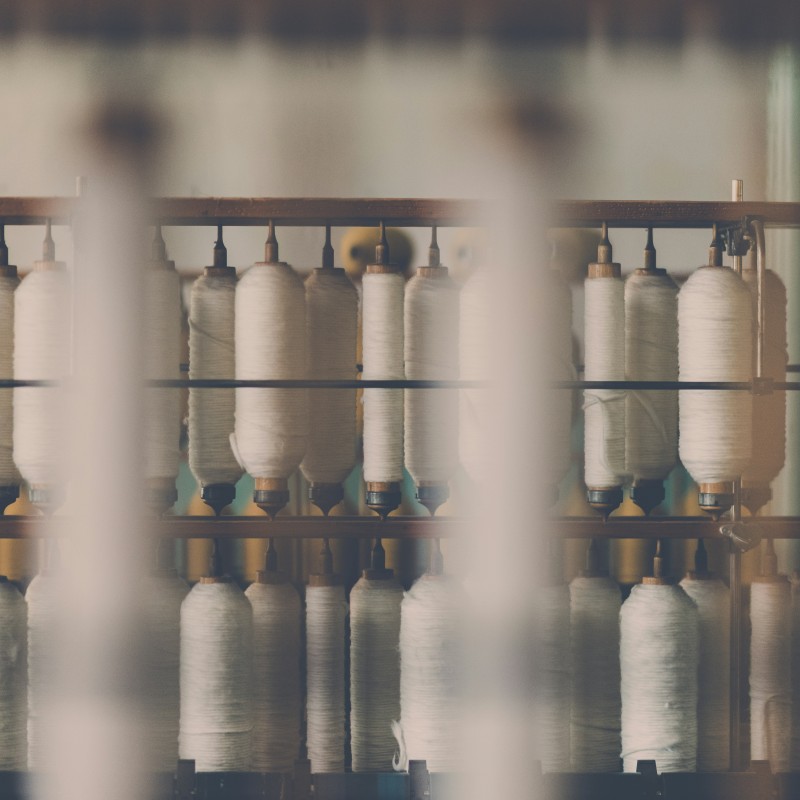
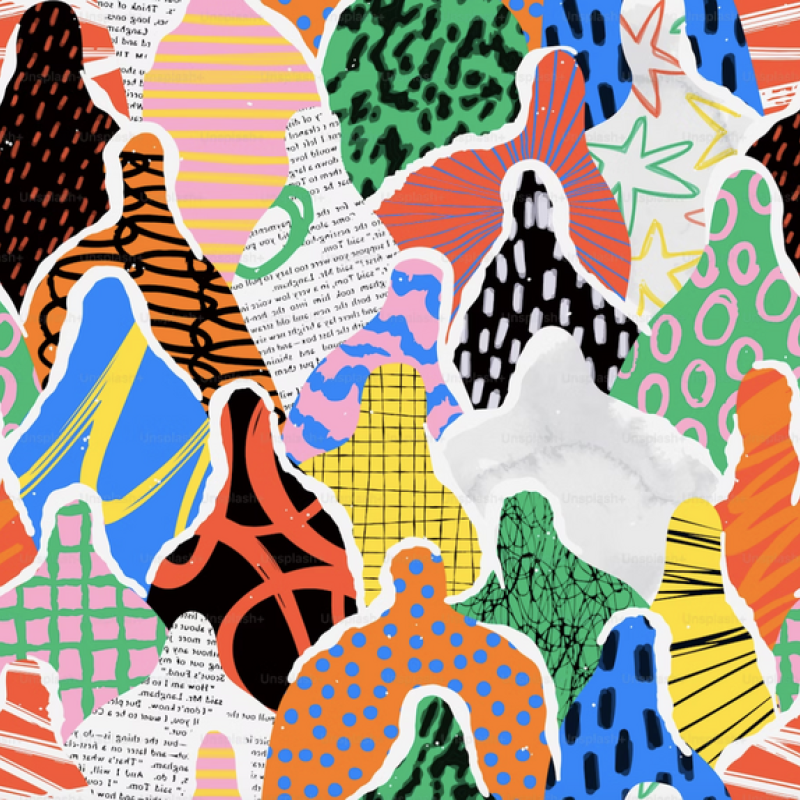
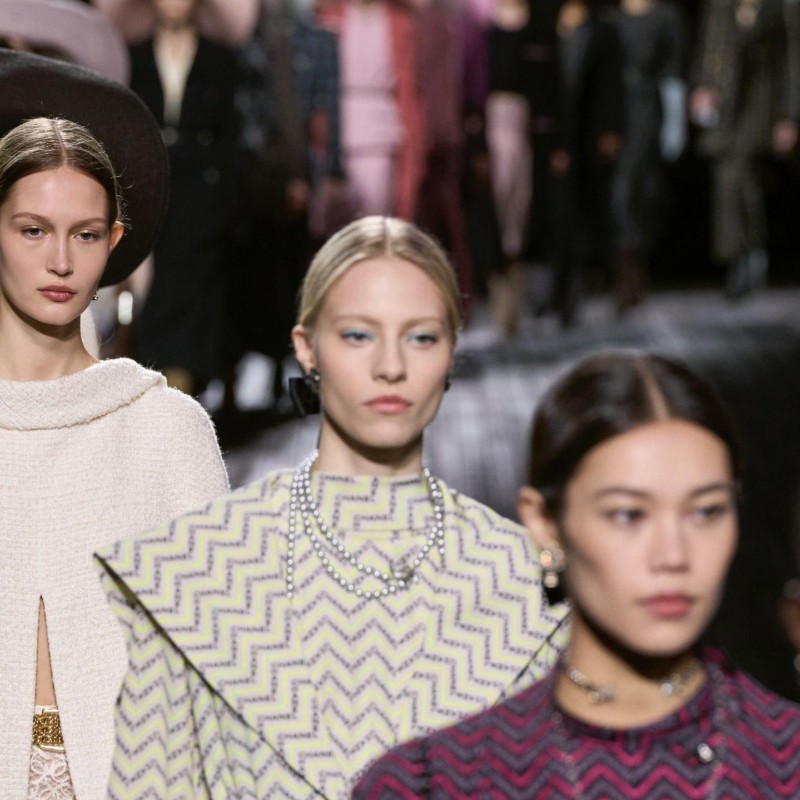
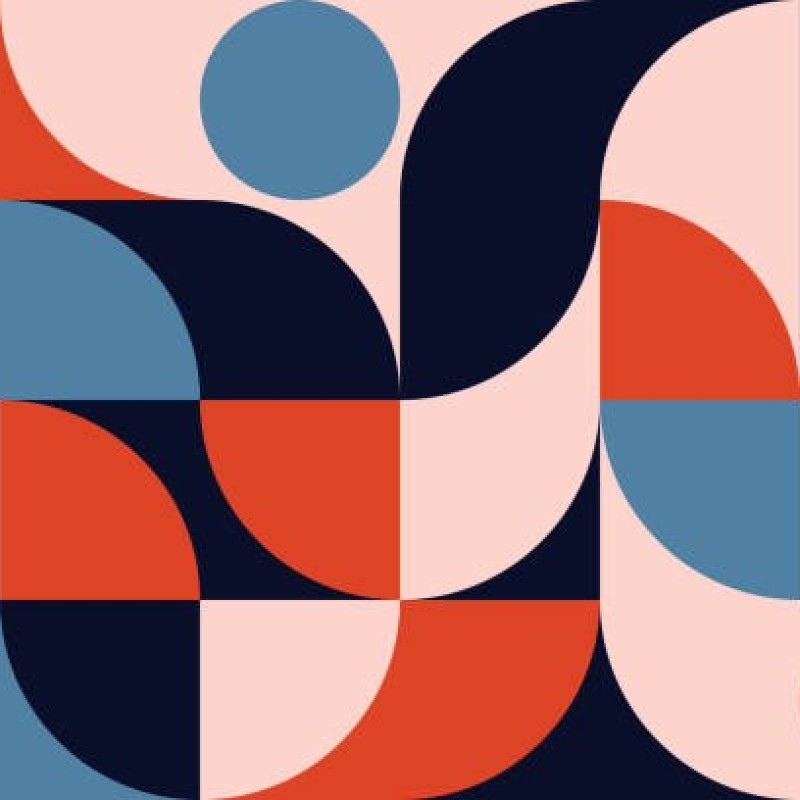
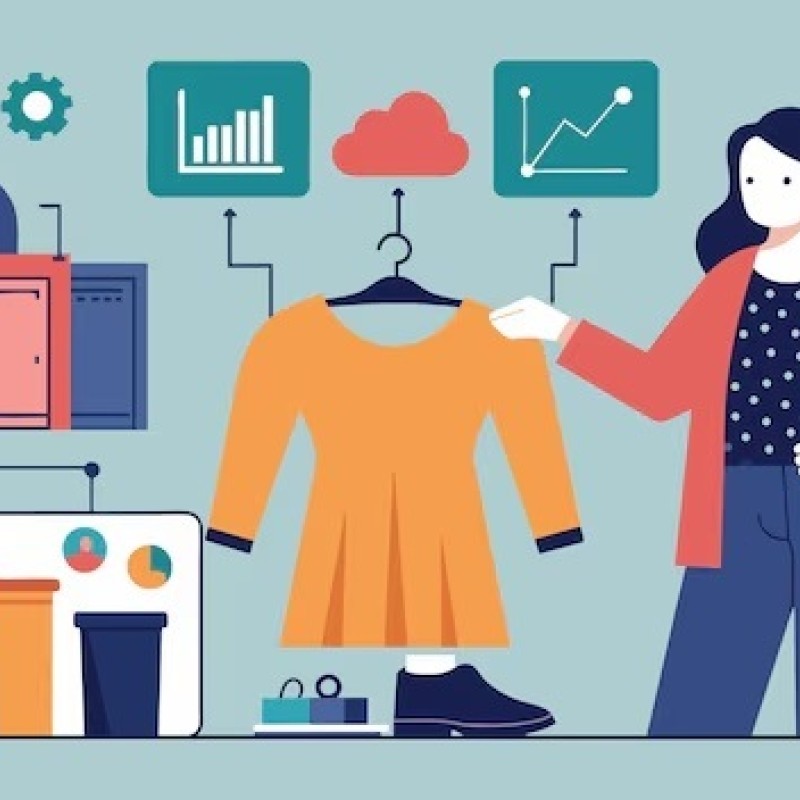
Beyond Talent
Fashion Recruitment Agency
Specialising in Senior and Executive recruitment for the luxury fashion, lifestyle and beauty industries worldwide.
Head Office Address
20-22 Wenlock Road, London, N1 7GU
Contact Us